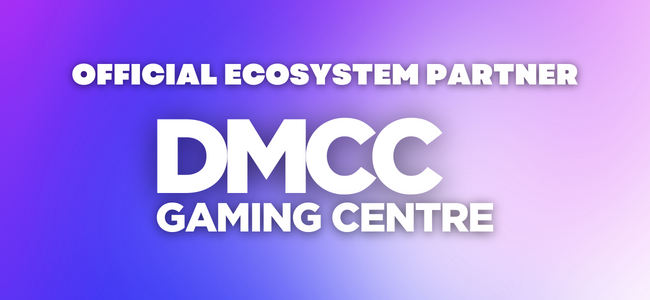Game design is the process of creating and developing video games. It involves a wide range of skills, including programming, art and animation, sound design, storytelling, and game mechanics.
Here are some reasons why you should consider getting into game design:
Creativity: Game design is a highly creative field that allows you to bring your ideas to life. As a game designer, you have the opportunity to create new worlds, characters, and experiences that engage and entertain players.
Job opportunities: The video game industry is a rapidly growing field, and there is a high demand for skilled game designers. According to the Entertainment Software Association, the video game industry generates over $43 billion in revenue in the US alone, and employs over 143,000 people.
Career growth: As you gain experience in game design, you can take on more complex projects and advance to higher levels of responsibility. Game design also offers a wide range of career paths, including level designer, character designer, game writer, and more.
Collaboration: Game design is a collaborative process that involves working with a team of designers, artists, programmers, and other professionals. This allows you to develop strong teamwork skills and learn from others with different backgrounds and perspectives.
Impact: Games have the power to entertain, educate, and inspire. As a game designer, you have the opportunity to create games that make a positive impact on people's lives.
In summary, game design is a dynamic and rewarding field that offers a wide range of opportunities for creativity, career growth, and impact. If you have a passion for video games and a desire to bring your ideas to life, game design may be the perfect career path for you. Here are some general steps you can take to begin a career in video game design:
Develop a strong foundation in programming and computer science: Video game design requires a solid understanding of programming and computer science principles. Consider taking courses in computer science, math, and physics in high school, and pursue a degree in computer science, software engineering, or a related field in college.
Build your own games and projects: One of the best ways to learn game design is to create your own games and projects. You can start by designing simple games using game engines like Unity or Unreal Engine and gradually work your way up to more complex games. You can also participate in game jams, where you have a limited amount of time to create a game based on a theme.
Join a game design community: Joining a game design community can help you learn from other designers and get feedback on your work. You can find communities on websites like Reddit or Discord, or you can attend local game design meetups.
Create a portfolio: A portfolio is a collection of your work that showcases your skills and experience. You can create a portfolio website or use a platform like ArtStation or GitHub to showcase your projects.
Apply for internships or entry-level positions: Once you have built up your skills and experience, you can start applying for internships or entry-level positions at game design studios.
Keep learning and expanding your skills: Game design is a constantly evolving field, so it's important to keep learning and expanding your skills. Attend conferences, read industry publications, and participate in online courses or workshops to stay up to date on the latest trends and technologies.
Overall, getting into video game design requires a combination of hard work, dedication, and a willingness to learn and collaborate with others. By building your skills, creating a portfolio, and networking with other designers, you can turn your passion for video games into a rewarding career.
Connecting...
Back to insights & advice










